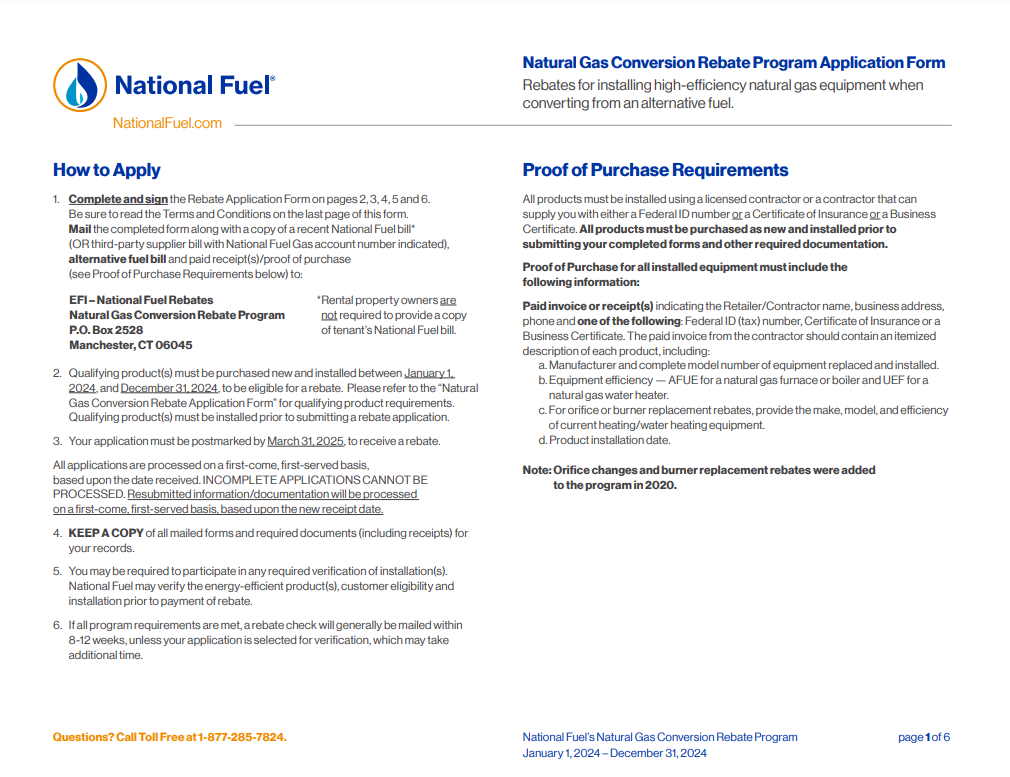Fuel rebates have become a significant aspect of consumer and business finances, especially in 2025. As fuel prices continue to fluctuate, individuals and organizations are seeking ways to mitigate costs. National fuel rebates offer a solution by providing financial incentives to eligible participants, thereby unlocking savings and stimulating economic activity.
In today’s economic landscape, where fuel prices can vary dramatically, understanding the concept of national fuel rebates is crucial. These rebates are designed to alleviate the financial burden associated with fuel consumption by providing consumers and businesses with financial incentives.
What Are National Fuel Rebates?
National fuel rebates are incentives offered by governments or organizations to encourage the consumption of fuel while simultaneously promoting economic growth. Unlike traditional discounts or promotions, fuel rebates are typically applied retroactively, allowing participants to recoup a portion of their fuel expenses after a specified period.
Eligibility Criteria
To qualify for national fuel rebates, individuals or entities must meet certain eligibility criteria, which may include factors such as income level, fuel consumption, or industry affiliation. These criteria vary depending on the specific rebate program and the governing body responsible for its administration.
Types of Fuel Rebates
There are various types of fuel rebate programs, each tailored to address specific needs and objectives. Common examples include consumer rebates, fleet rebates, and industry-specific incentives aimed at promoting fuel efficiency and reducing carbon emissions.
How to Apply for National Fuel Rebates
Applying for national fuel rebates typically involves completing an application form and providing supporting documentation, such as fuel purchase receipts or vehicle registration information. The application process may vary depending on the administering authority and the specific requirements of the rebate program.
Importance of National Fuel Rebates in 2025
In the current economic climate, characterized by rising fuel prices and increasing environmental concerns, national fuel rebates play a crucial role in alleviating financial strain and promoting sustainable fuel consumption practices. By incentivizing fuel efficiency and encouraging the adoption of alternative energy sources, fuel rebates contribute to long-term economic stability and environmental preservation.
Advantages of Utilizing Fuel Rebates
One of the primary advantages of national fuel rebates is their cost-saving potential for consumers and businesses alike. By offsetting a portion of fuel expenses, rebates help individuals and organizations manage their budgets more effectively and redirect savings towards other essential expenses or investments.
Challenges and Limitations
Despite their benefits, national fuel rebate programs are not without challenges. Common limitations include administrative complexities, eligibility restrictions, and potential fraud or misuse. Addressing these challenges requires careful planning and oversight to ensure the integrity and effectiveness of rebate programs.
Case Studies
Examining real-world examples of successful fuel rebate initiatives can provide valuable insights into best practices and potential pitfalls. By analyzing case studies from various regions and industries, policymakers and stakeholders can identify strategies for optimizing rebate programs and maximizing their impact.
Future Trends in Fuel Rebates
Looking ahead, the future of fuel rebates is characterized by innovation and adaptation to evolving market dynamics and consumer preferences. As technology continues to advance, fuel rebate programs are likely to incorporate digital solutions and data analytics to improve efficiency and effectiveness.
Tips for Maximizing Fuel Rebate Benefits
For individuals and businesses seeking to maximize their fuel rebate benefits, implementing strategic practices such as fuel-efficient driving habits, vehicle maintenance, and route optimization can help optimize savings and reduce environmental impact.
Sustainability and Environmental Considerations
In addition to cost-saving benefits, fuel rebates also contribute to environmental sustainability by promoting fuel efficiency and reducing greenhouse gas emissions. By incentivizing the adoption of eco-friendly technologies and practices, rebate programs play a vital role in addressing climate change and promoting environmental stewardship.
Government Policies and Regulations
The success of national fuel rebate programs hinges on effective policymaking and regulatory enforcement. Governments must implement clear guidelines and oversight mechanisms to ensure the integrity and fairness of rebate programs while balancing economic and environmental objectives.
Public Perception and Awareness
Public perception and awareness of fuel rebate programs are critical to their success. Governments and organizations must invest in educational initiatives and communication strategies to inform the public about the availability and benefits of rebate programs and address any misconceptions or concerns.
Conclusion
In conclusion, national fuel rebates are essential tools for promoting economic prosperity, environmental sustainability, and consumer welfare. By incentivizing fuel efficiency and reducing financial barriers to access, rebate programs contribute to a more resilient and equitable society. As we look to the future, continued innovation and collaboration will be key to maximizing the benefits of fuel rebates for all stakeholders.
Download National Fuel Rebates 2025
FAQs (Frequently Asked Questions)
- What are the eligibility criteria for national fuel rebates?
- Eligibility criteria vary depending on the specific rebate program and the administering authority. Common requirements may include factors such as income level, fuel consumption, vehicle type, and industry affiliation.
- How can individuals apply for national fuel rebates?
- Individuals can typically apply for national fuel rebates by completing an application form provided by the administering authority. Along with the application, applicants may need to submit supporting documents such as fuel purchase receipts, vehicle registration information, and proof of eligibility.
- What types of fuel rebates are available in 2025?
- In 2025, various types of fuel rebates are available, including consumer rebates, fleet rebates, and industry-specific incentives aimed at promoting fuel efficiency and reducing carbon emissions.
- What are some challenges associated with national fuel rebate programs?
- Common challenges associated with national fuel rebate programs include administrative complexities, eligibility restrictions, potential fraud or misuse, and ensuring equitable distribution of benefits.
- How can individuals and businesses maximize the benefits of fuel rebate programs?
- To maximize the benefits of fuel rebate programs, individuals and businesses can implement strategic practices such as fuel-efficient driving habits, regular vehicle maintenance, route optimization, and staying informed about available rebate opportunities.

